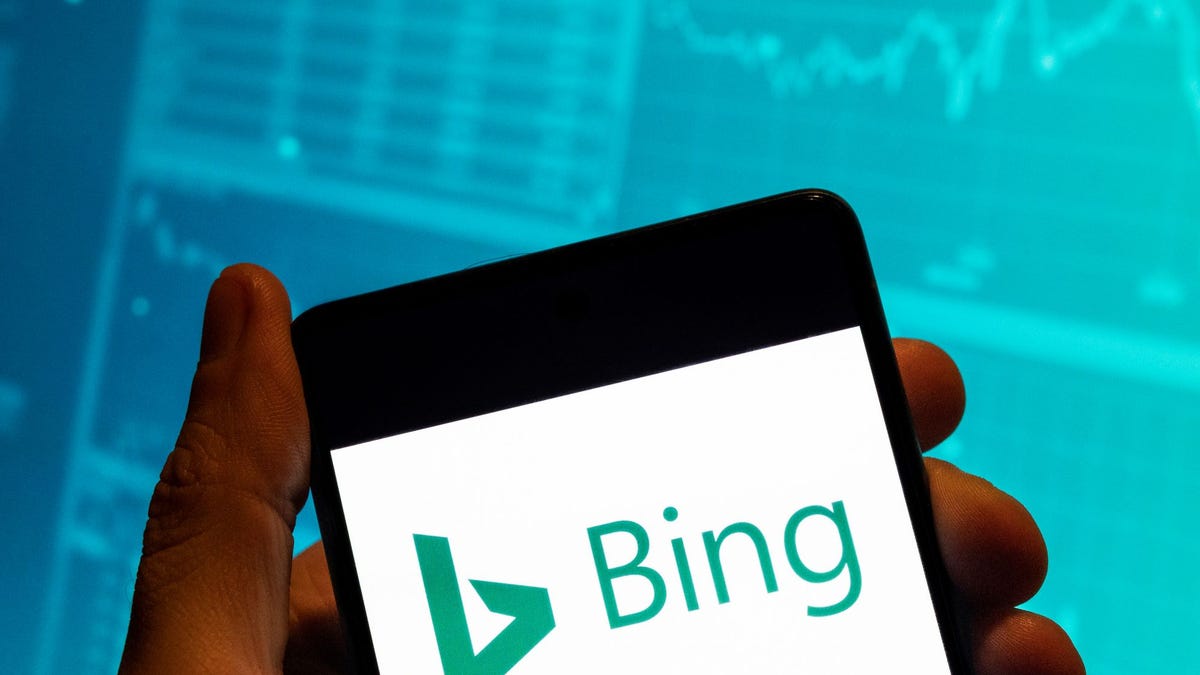Microsoft has added its BIng AI chatbot to its popular SwiftKey third-party keyboard app for iOS and Android phones, giving users quick access to AI-generated answers and advice.
With the keyboard open, you need only tap the blue Bing icon above the keyboard on the left to open the submenu, and then choose whether to have Bing AI search the internet for a query or give you answers itself via a chat.
The chatbot can also help with conversational tone, offering suggestions for alternative ways to phrase a typed statement if you want your messages to be a little nicer, funnier or more professional. Heck, it’ll even condense what you say into something that’ll fit in a 140-character tweet.
Anyone can use Bing AI to search within the keyboard, but the more advanced AI chatbot and tone retouching require users to sign in to their Microsoft Account first.
Microsoft added AI to its Bing search engine in early February and has been rolling out more AI integrations since, like adding an AI image creator powered by OpenAI’s Dall-E AI to Bing and an AI-powered ‘Copilot’ to its Office apps. It seems like Bing AI is going to play a big role in Microsoft’s products going forward, as the company added it to Windows 11, too.
Ultimately, adding AI capability to its products is Microsoft’s way to differentiate itself from its tech rivals. Google launched its own AI Bard at the end of March and has assured that conversational AI is coming to its search engine, while Amazon launched a new cloud service called Amazon Bedrock that helps AWS customers build generative AI-powered apps.
Read more: ChatGPT vs. Bing vs. Google Bard: Which AI Is the Most Helpful?
The AI wave was kicked off by OpenAI’s ChatGPT, which arrived late last year to surprise users with its rich yet conversational responses. Critics slammed ChatGPT for generating plausible-sounding but false information, but its potential shocked the tech industry into responding, with Google reportedly sounding a “code red” after OpenAI’s chatbot was released.
